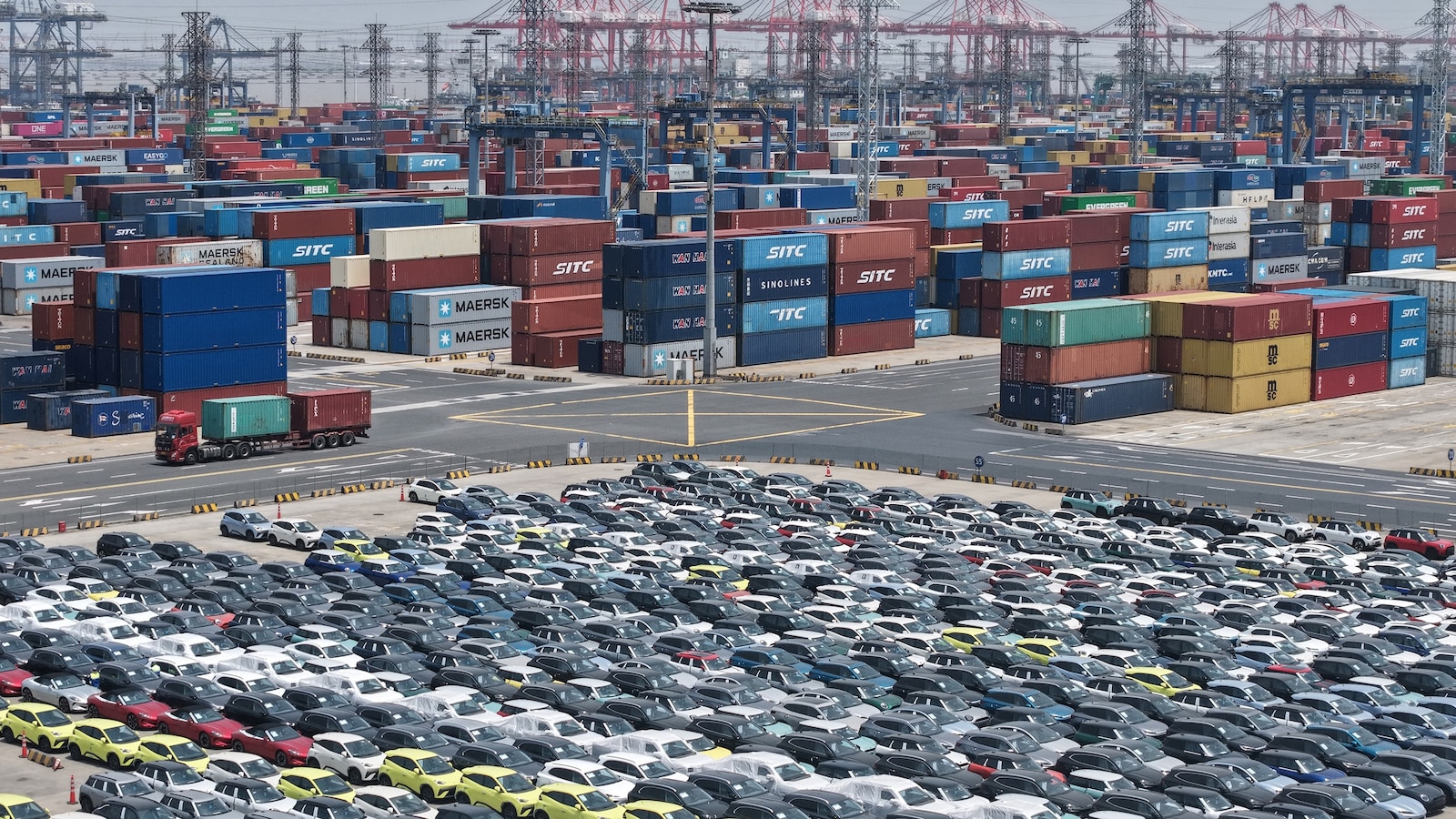In a development earlier this week, U.S. and Chinese negotiators convened in London to discuss trade agreements. A spokesperson for China’s Ministry of Commerce sought to temper expectations regarding a trade deal that President Donald Trump labeled as ‘done’ on Wednesday, focusing on export restrictions related to rare earths and semiconductors.
During a press briefing, the spokesperson described the recent negotiations in London as a ‘framework’ aimed at building upon agreements made during earlier discussions held in Geneva, Switzerland, in May. This meeting in the U.K. was characterized as the ‘first meeting,’ reflecting a cautious approach.
The spokesperson did not elaborate on specific agreements reached, but mentioned that ‘New progress was also made in addressing each side’s trade concerns.’ Regarding rare earths, they stated that China will grant export licenses based on ‘reasonable needs,’ with an emphasis that ‘compliant applications have already been approved.’
In contrast, Trump portrayed the negotiations as having culminated in an agreement. On Truth Social, he stated, ‘Our deal with China is done, subject to final approval with President Xi and me,’ and described the relationship between the two economic powers as ‘excellent.’ He indicated that the U.S. would see ‘a total of 55% tariffs,’ while China would impose tariffs set at 10%.
Trump further asserted, ‘Full magnets and any necessary rare earths will be supplied upfront by China. Likewise, we will provide to China what was agreed to, including Chinese students using our colleges and universities (which has always been good with me!).’
Secretary of Commerce Howard Lutnick referred to the current status as a ‘handshake for a framework,’ noting that final approval lies with Presidents Trump and Xi Jinping. This suggests that some compromises may still need to be addressed, as both leaders appear to restrict their negotiators’ authority.
‘Once that’s done, we will be back on the phone together and we will begin to implement this agreement,’ Lutnick stated. ‘The two largest economies in the world have reached a handshake for framework.’
This report includes contributions from ABC News’ Kevin Shalvey and Britt Clennett.

